Publications
Articles, publications, books, tools and multimedia features from the U.S. Institute of Peace provide the latest news, analysis, research findings, practitioner guides and reports, all related to the conflict zones and issues that are at the center of the Institute’s work to prevent and reduce violent conflict.
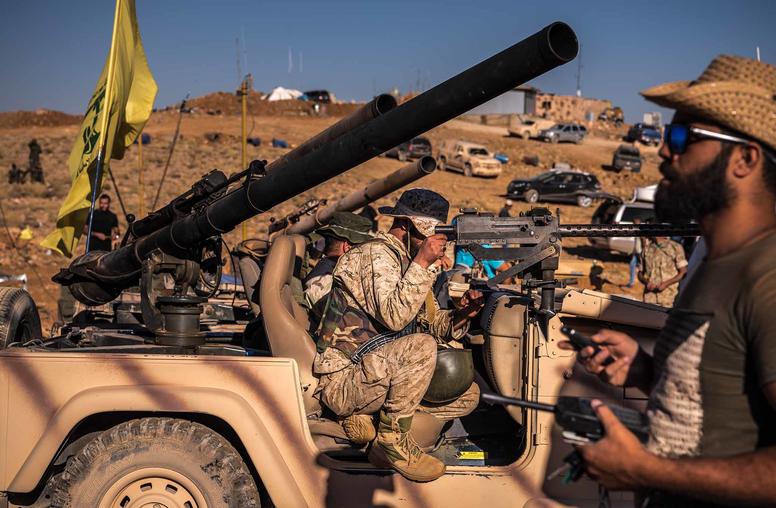
Iran and Israel Are Racing Toward Confrontation in Syria
Ties between Tehran and Damascus have been close since the 1979 revolution, but the relationship deepened after Syria’s civil war erupted in 2011. With the Assad regime’s survival at stake, Tehran doubled down on its support, providing critical military assistance—fighters and strategists—and economic aid estimated to be in the hundreds of millions of dollars.
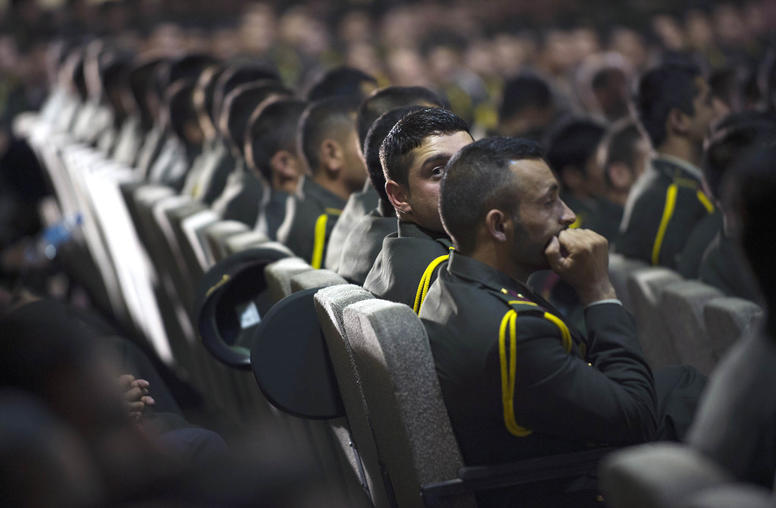
Seize This Moment for Afghan Peace Talks
Even though fighting continues, nearly all serious observers believe a political settlement in Afghanistan is the only plausible alternative to open-ended war. So, while Taliban leaders over the last month have announced their annual spring offensive and disputed Kabul and Washington’s sincerity about making peace, they concurrently show signs of flexibility in how they envision a potential peace deal.

Lucy Kurtzer-Ellenbogen on the Tumult Between Israelis and Palestinians
A confluence of factors this week led to heightened tensions in Israel and the Palestinian territories. Israel celebrated its 70th anniversary, the United States officially moved its embassy to Jerusalem, and protests in Gaza led to levels of violence not seen in several years. Lucy Kurtzer-Ellenbogen shares her analysis and discusses the perfect storm of events leading to the tumult between Israelis and Palestinians and explains why Middle East peace remains a generational goal.
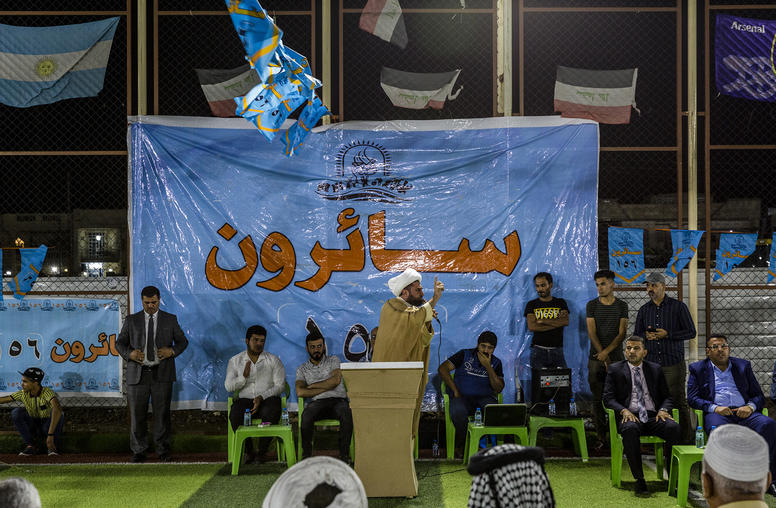
Will Iraq’s Surprise Election Results Bring Change?
In a surprise turn, preliminary results from Iraq’s May 12 parliamentary vote indicate that a coalition led by controversial cleric Moqtada al-Sadr—a staunch opponent of both U.S. and Iranian influence in Iraq—won the most seats.
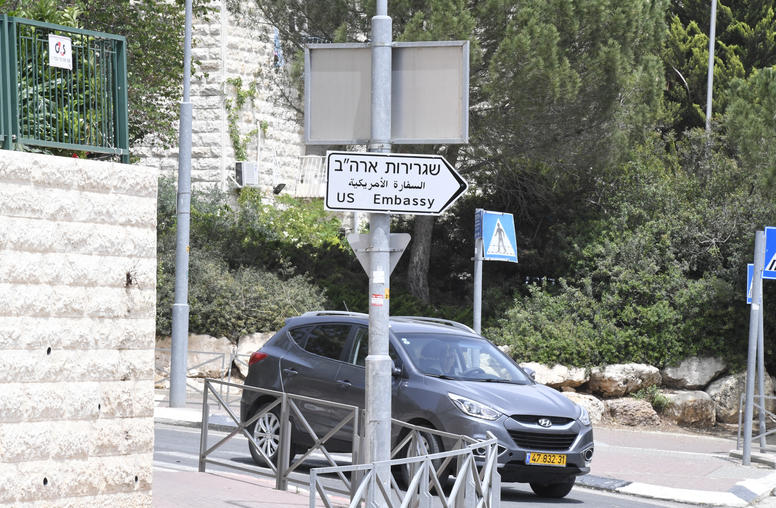
Jerusalem, Gaza, and the Unclear Road to Peace
This week, a perfect storm of politics, mounting despair, and competing narratives of historic memory and grievances converged in Jerusalem and Gaza. The effects have been devastatingly deadly. The implications for Israeli-Palestinian peace are profound.
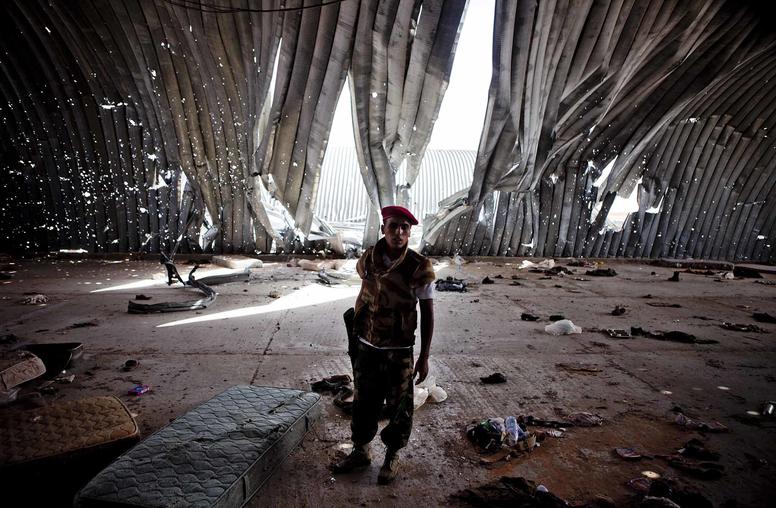
In Libya, Hope Springs from Youth and Local Communities
More than two years after the United Nations began leading an internationally backed peace process for Libya, that effort faces severe challenges. Rival Libyan regimes still claim national authority, and battles among hundreds of militia groups continue. Amid the turmoil, however, young Libyans are leading peacebuilding efforts in their local communities.
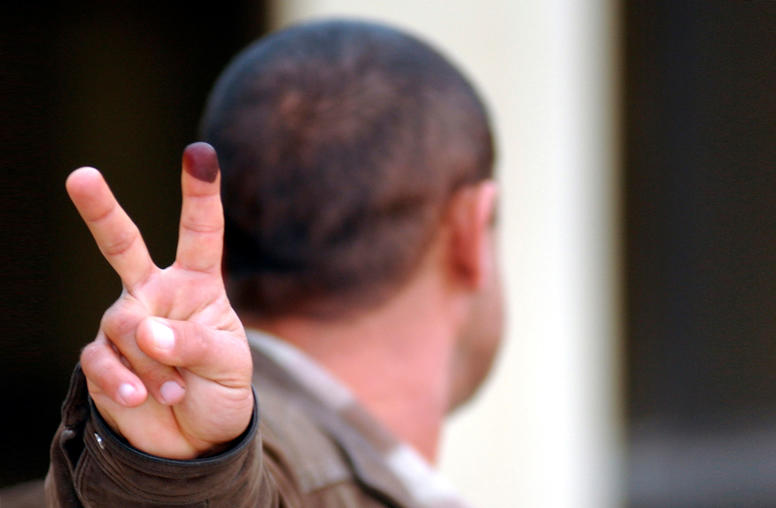
Iraq’s Election Takes a Tone That’s Hopeful for Democracy
As Iraq prepares to vote on May 12, the public debate has been just a bit unusual. Following the country’s war against the Islamic State extremists, candidates are seeking votes with appeals across sectarian lines and more discussion of issues than in any other election campaign. This change is incremental but is one of several that make this a moment to step back and measure Iraq’s evolution since the 2003 U.S.-led invasion. Despite what Iraqis have suffered over 15 years—or perhaps because of it—the will to democratize is alive and growing. A real meaning of these elections is this: If the United States and the international community can sustain their engagement, Iraq has a chance to stabilize, and to turn back the inevitable future attempts to revive extremist violence.
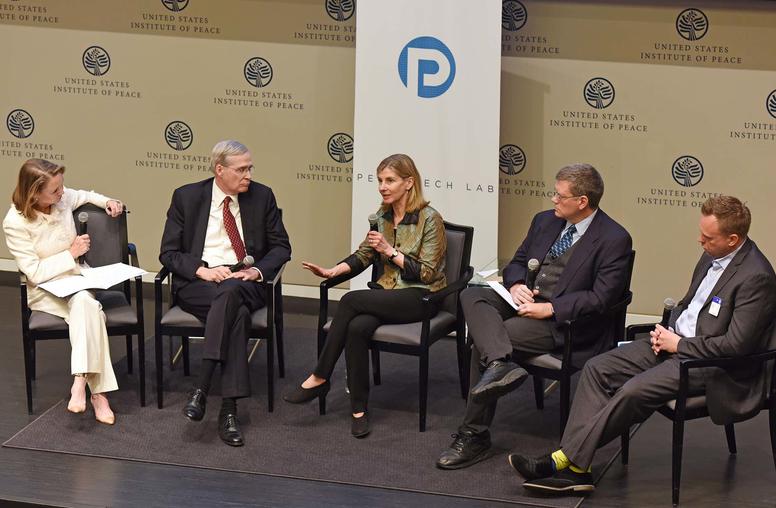
How 'Peace Tech' is Changing Global Conflict
As technological innovation develops at a blistering pace, it has fundamentally altered how conflicts develop and play out, and how peacebuilders prevent and mitigate violence. Throughout history, technology has driven warfare and international security.

Bill Taylor on Russian Elections and Putin’s Longevity
Earlier this week, Russia’s Vladimir Putin began his fourth term. Ambassador William B. Taylor explains that Putin’s political longevity is a combination of Russia’s desire to feel important in the world again, Putin’s power over the media, and the support of powerful, wealthy friends. Nevertheless, Taylor says harsh U.S. sanctions combined with those from the international community have isolated and punished Russia for Putin’s provocations in Ukraine and elsewhere, meddling in elections, and cyberwarfare.
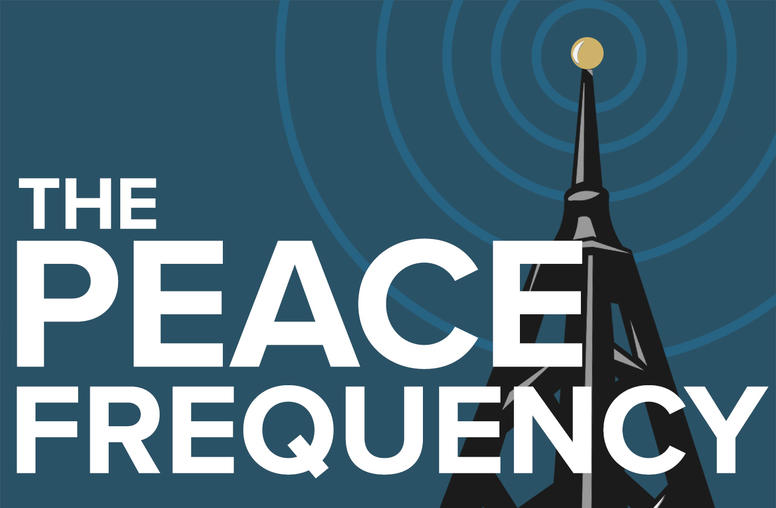
Episode 52 - Zinaida Besirevic
Our guest on this episode is USIP Research Fellow, Zinaida Besirevic, a Ph.D. candidate in human development and cognition at the University of California, Berkeley. Her dissertation compares children and adults in their reasoning about violations of Human Rights and infringements on human dignity. Together we discuss if moral reasoning changes with development, and whether and why we become more likely to tolerate harm.